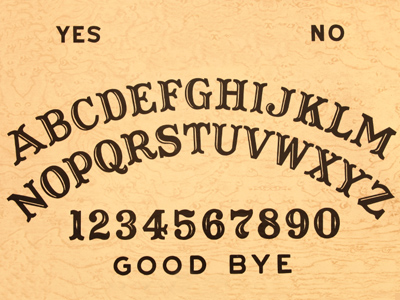This senior high school English Literature quiz tests your understanding of the text in Arthur Miller's The Crucible. Being sure you understand the text is the first step you take before you can begin to analyze and write about it. Surprisingly, this is more difficult than it sounds. After all, if authors only wished to convey a simple message, would it really take hundreds of pages and thousands of words to do so?
When you read a text written long ago, or one from another country, or perhaps written in a strong dialect, understanding requires more effort. The Crucible requires good historical understanding as well as some practice in making sense of the characters’ dialect, in addition to the usual comprehension skills.
Authors convey meaning through a variety of methods.
They often prefer not to state what they mean directly. Instead, they communicate with their readers through the various aspects of fiction, such as character, setting, plot, theme and dialog. Consider each of these elements as you work to understand the text you are reading. Re-reading is a good idea and helps you understand more than you might if you only read a book once. If you do find that you need to read a text again, don’t worry! This is something that most people experience. It also proves that you have been paying attention!
What are the connections between context, setting and the events which the text relates? A timeline of events can be useful and making one will help develop your understanding of the text. Although in novels, events are not always related chronologically, a play will often present them in the order in which they occur. This makes the timeline easier to create, but you might want to consider where events occurring off stage fit in.
What do actions reveal about the characters’ motivations? Have you examined the text for clues to explain their behavior? Can their words be taken at face value, or will you need to examine the subtext of those words more closely? Do characters’ actions match their words? Think about your reasoning behind the answers to these questions and justify your views by referring in detail to the text.
Remember to analyze beginnings and endings. Why does the text begin as it does? What do you learn straight away about the setting and the characters? How are future events foreshadowed? It is a good idea to analyze the beginnings and ends of individual acts and scenes in a play, too. Careful and detailed analysis of this sort will help you to dramatically improve your knowledge and understanding of the text.
Read the questions below on The Crucible and test your knowledge and understanding of the text.








